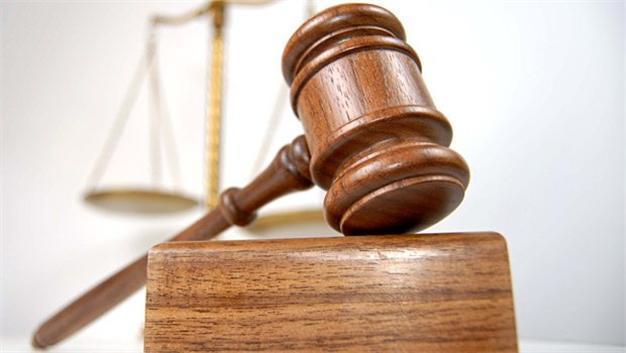Court accepts indictment against dozens, including US-based scholar Gülen
ISTANBUL – Doğan News Agency

An Istanbul court has accepted an indictment against 122 suspects, including U.S.-based scholar Fethullah Gülen, former police chief Yurt Atayün and Emre Uslu, within the investigation into misconduct in a past probe, which led to various surveillance activities against hundreds of leading lawmakers, academics and journalists.
Asking for the arrest of Gülen and Uslu with no need for a warrant, the Istanbul 14th Court for Serious Crimes on Nov. 9 accepted the indictment against 122 suspects, including the prime suspect Gülen, whom President Recep Tayyip Erdoğan and his inner circle have long accused of forming and heading a terrorist organization dubbed by leading Justice and Development Party (AKP) figures as the “Pro-Fethullahist Terrorist Organization” (FETÖ).
The court ruled to issue red notices for Gülen and Uslu as they were out of the country, as well as write an official letter to the Justice Ministry’s International Law and Foreign Affairs Directorate to return the two to Turkey. Gülen and Uslu were listed as primary and secondary suspects, respectively, in the indictment.
A total of 968 people, including Erdoğan, Prime Minister Ahmet Davutoğlu, all ministers in the 61st AKP cabinet, several university rectors, academics, public employees, journalists and many other leading persons were listed as victims and plaintiffs in the indictment.
The indictment also carried double aggravated life sentences against Gülen, Uslu and Atayün for charges including one count each of “forming and heading an armed terrorist organization,” “gathering officially confidential information for political and military surveillance purposes,” “attempting to topple the government of the Republic of Turkey,” “violation of private life and keeping personal data,” “fabricating false documents,” “fabricating criminal activity,” “publicizing officially confidential information for political and military surveillance purposes,” “obstructing, concealing and manipulating evidence” and “unlawful recording of personal data.”
 An Istanbul court has accepted an indictment against 122 suspects, including U.S.-based scholar Fethullah Gülen, former police chief Yurt Atayün and Emre Uslu, within the investigation into misconduct in a past probe, which led to various surveillance activities against hundreds of leading lawmakers, academics and journalists.
An Istanbul court has accepted an indictment against 122 suspects, including U.S.-based scholar Fethullah Gülen, former police chief Yurt Atayün and Emre Uslu, within the investigation into misconduct in a past probe, which led to various surveillance activities against hundreds of leading lawmakers, academics and journalists.